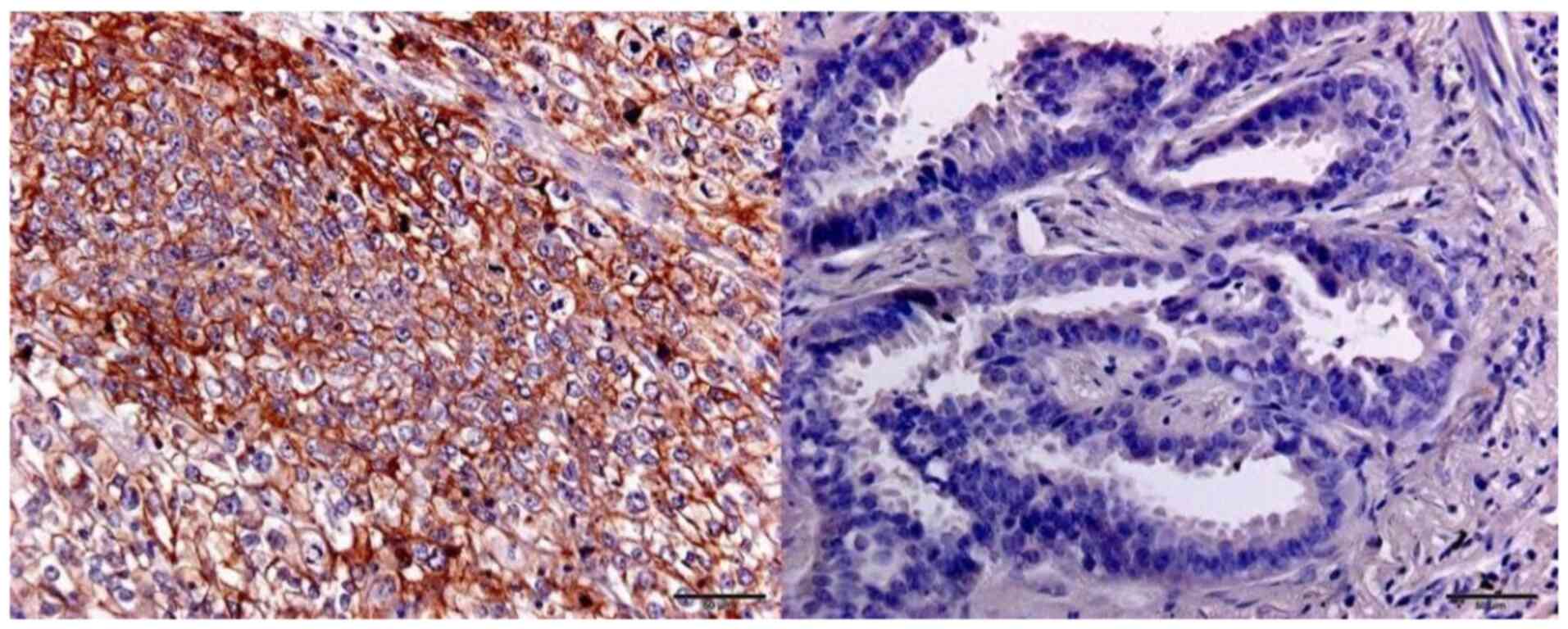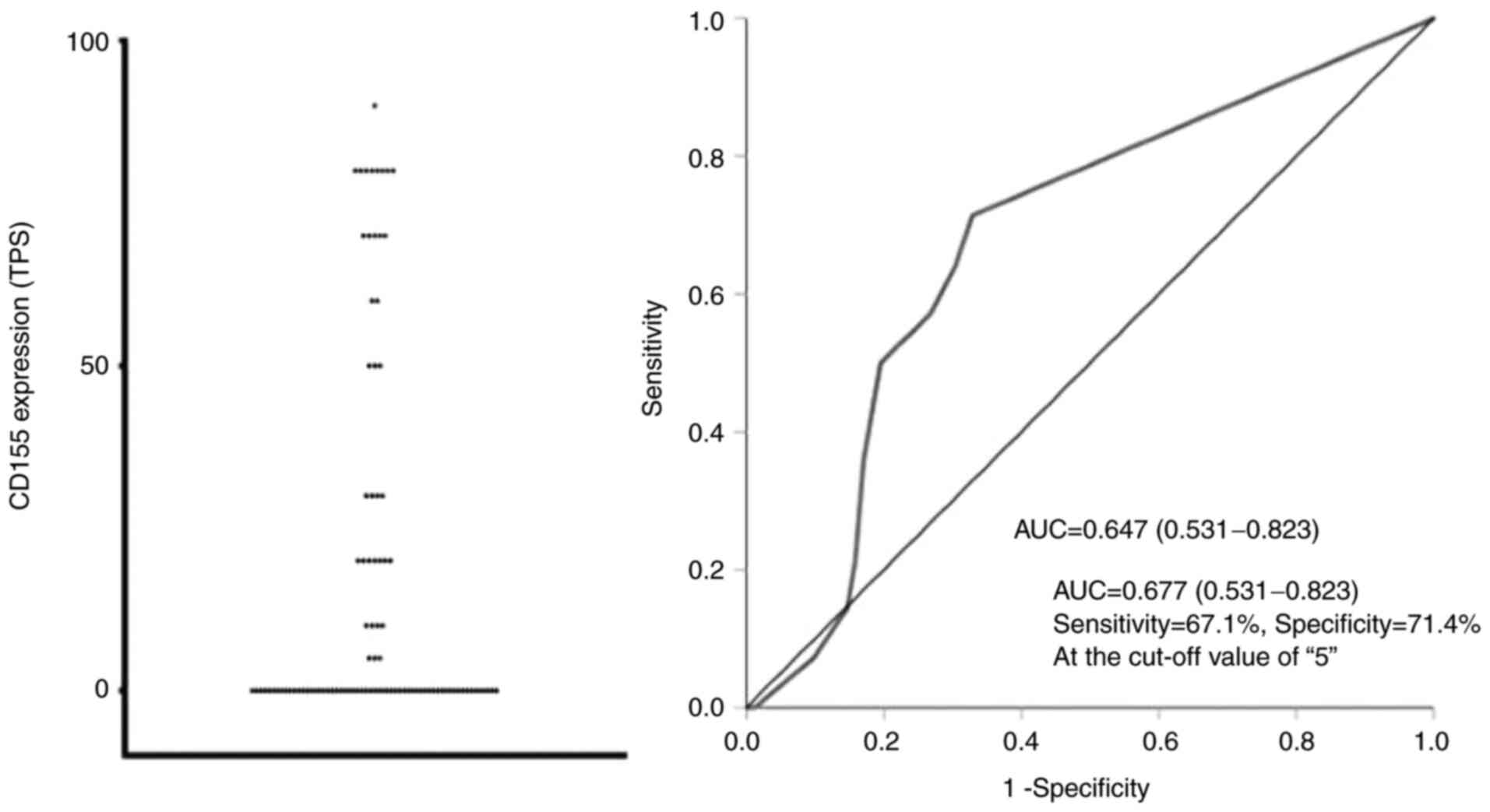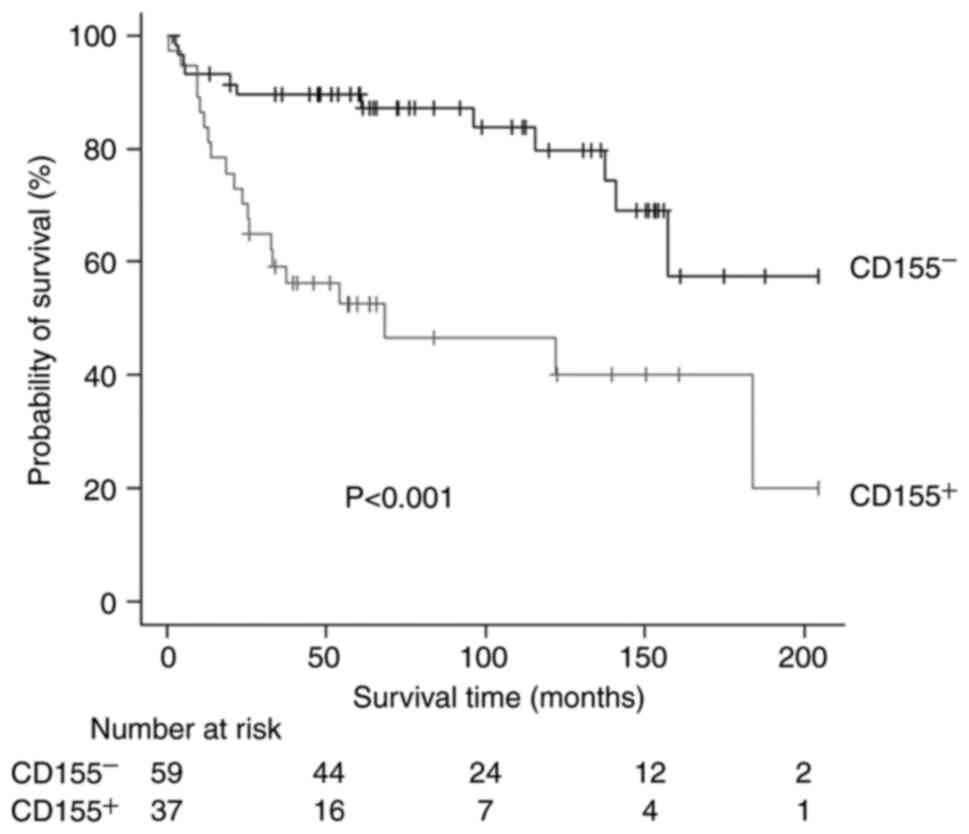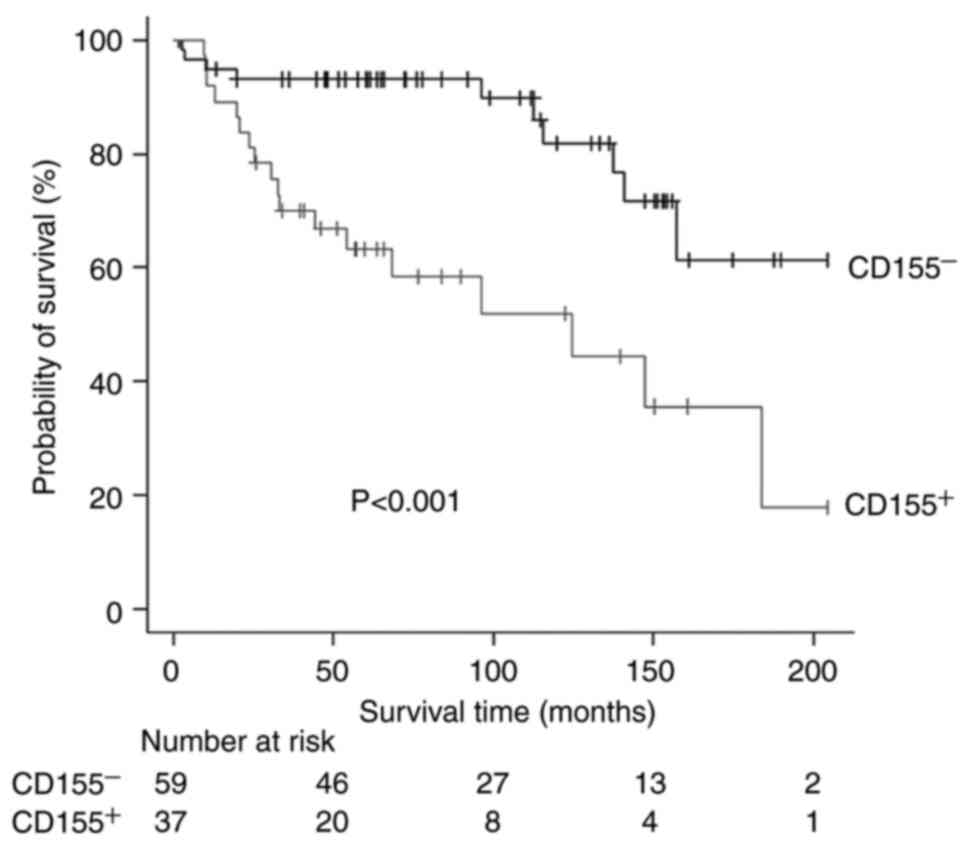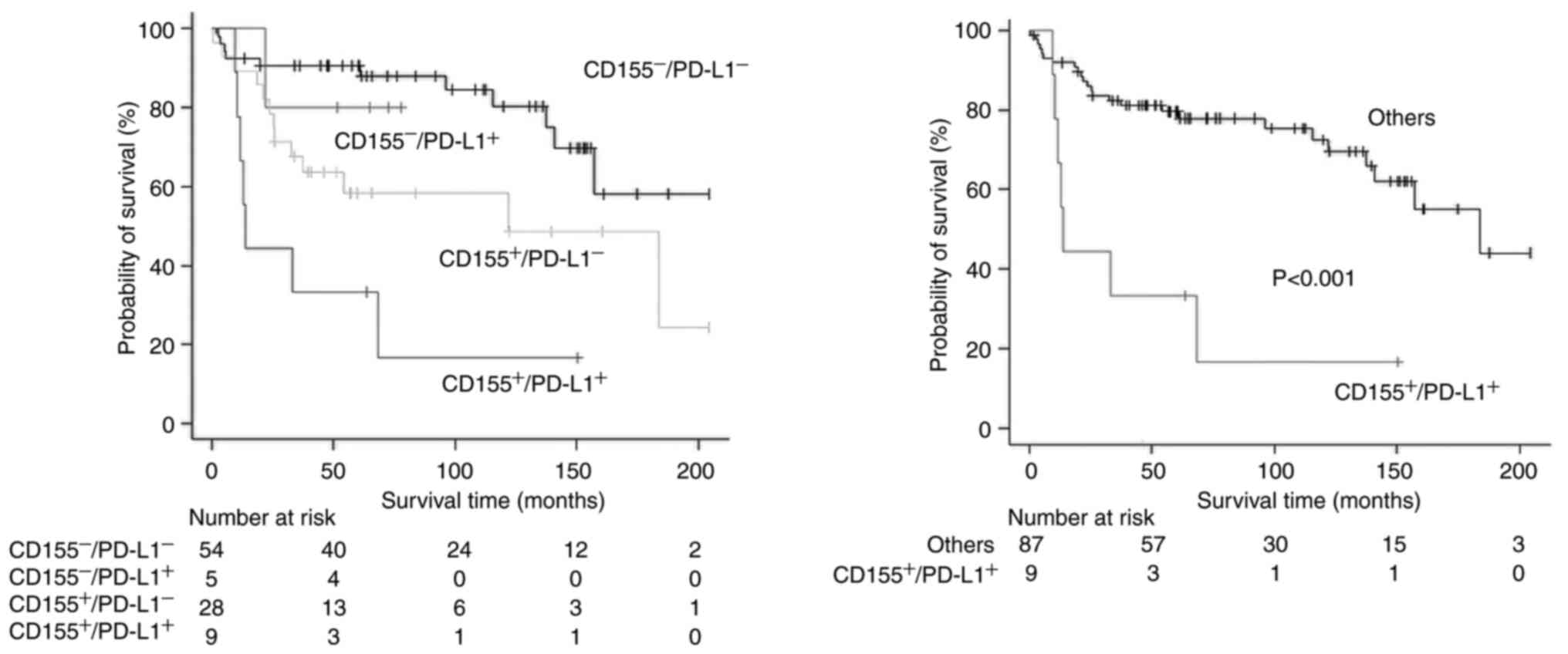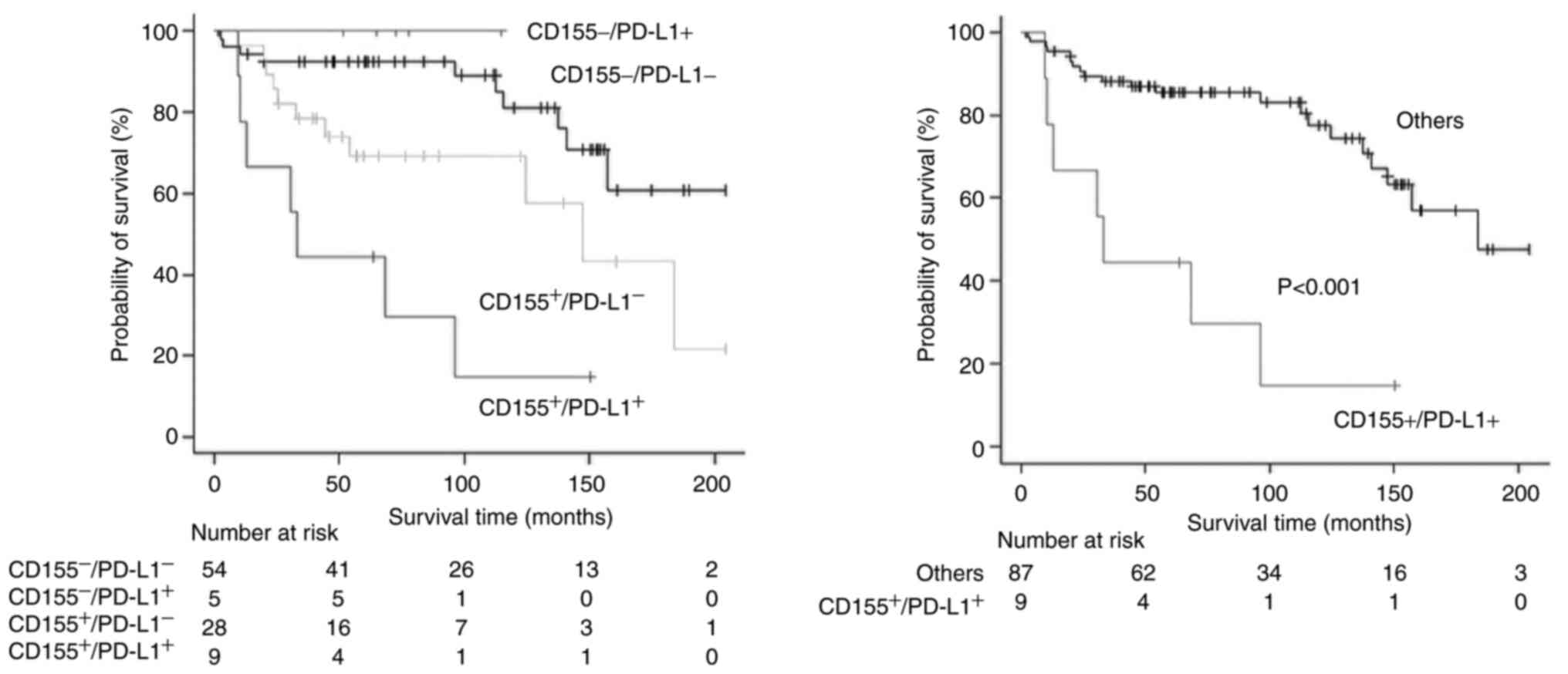|
1
|
Siegel RL, Miller KD, Fuchs HE and Jemal
A: Cancer statistics, 2021. CA Cancer J Clin. 71:7–33. 2021.
View Article : Google Scholar : PubMed/NCBI
|
|
2
|
Planchard D, Popat S, Kerr K, Novello S,
Smit EF, Faivre-Finn C, Mok TS, Reck M, Van Schil PE, Hellmann MD,
et al: Metastatic non-small cell lung cancer: ESMO clinical
practice guidelines for diagnosis, treatment and follow-up. Ann
Oncol. 29 (Suppl 4):iv192–iv237. 2018. View Article : Google Scholar
|
|
3
|
Beatty GL and Gladney WL: Immune escape
mechanisms as a guide for cancer immunotherapy. Clin Cancer Res.
21:687–692. 2015. View Article : Google Scholar : PubMed/NCBI
|
|
4
|
Pardoll DM: The blockade of immune
checkpoints in cancer immunotherapy. Nat Rev Cancer. 12:252–264.
2012. View
Article : Google Scholar : PubMed/NCBI
|
|
5
|
Sharma P, Hu-Lieskovan S, Wargo JA and
Ribas A: Primary, adaptive, and acquired resistance to cancer
immunotherapy. Cell. 168:707–723. 2017. View Article : Google Scholar : PubMed/NCBI
|
|
6
|
Andrews LP, Yano H and Vignali DAA:
Inhibitory receptors and ligands beyond PD-1, PD-L1 and CTLA-4:
Breakthroughs or backups. Nat Immunol. 20:1425–1434. 2019.
View Article : Google Scholar : PubMed/NCBI
|
|
7
|
Yeo J, Ko M, Lee DH, Park Y and Jin HS:
TIGIT/CD226 axis regulates anti-tumor immunity. Pharmaceuticals
(Basel). 14:2002021. View Article : Google Scholar : PubMed/NCBI
|
|
8
|
Johnston RJ, Comps-Agrar L, Hackney J, Yu
X, Huseni M, Yang Y, Park S, Javinal V, Chiu H, Irving B, et al:
The immunoreceptor TIGIT regulates antitumor and antiviral
CD8+ T cell effector function. Cancer Cell. 26:923–937.
2014. View Article : Google Scholar : PubMed/NCBI
|
|
9
|
Attili I, Tarantino P, Passaro A, Stati V,
Curigliano G and de Marinis F: Strategies to overcome resistance to
immune checkpoint blockade in lung cancer. Lung Cancer.
154:151–160. 2021. View Article : Google Scholar : PubMed/NCBI
|
|
10
|
Hirai A, Yoneda K, Shimajiri S, Kuroda K,
Hanagiri T, Fujino Y and Tanaka F: Prognostic impact of programmed
death-ligand 1 expression in correlation with human leukocyte
antigen class I expression status in stage I adenocarcinoma of the
lung. J Thorac Cardiovasc Surg. 155:382–392.e1. 2018. View Article : Google Scholar : PubMed/NCBI
|
|
11
|
Sugaya M, Uramoto H, Uchiyama A, Nagashima
A, Nakanishi R, Sakata H, Nakanishi K, Hanagiri T and Yasumoto K:
Phase II trial of adjuvant chemotherapy with bi-weekly carboplatin
plus paclitaxel in patients with completely resected non-small cell
lung cancer. Anticancer Res. 30:3039–3044. 2010.PubMed/NCBI
|
|
12
|
Uramoto H, Nakanishi R, Nagashima A,
Uchiyama A, Inoue M, Osaki T, Yoshimatsu T, Sakata H, Nakanishi K
and Yasumoto K: A randomized phase II trial of adjuvant
chemotherapy with bi-weekly carboplatin plus paclitaxel versus
carboplatin plus gemcitabine in patients with completely resected
non-small cell lung cancer. Anticancer Res. 30:4695–4699.
2010.PubMed/NCBI
|
|
13
|
Talbot D and Massamba VK: A descriptive
review of variable selection methods in four epidemiologic
journals: There is still room for improvement. Eur J Epidemiol.
34:725–730. 2019. View Article : Google Scholar : PubMed/NCBI
|
|
14
|
Nakai R, Maniwa Y, Tanaka Y, Nishio W,
Yoshimura M, Okita Y, Ohbayashi C, Satoh N, Ogita H, Takai Y and
Hayashi Y: Overexpression of Necl-5 correlates with unfavorable
prognosis in patients with lung adenocarcinoma. Cancer Sci.
101:1326–1330. 2010. View Article : Google Scholar : PubMed/NCBI
|
|
15
|
Sun Y, Luo J, Chen Y, Cui J, Lei Y, Cui Y,
Jiang N, Jiang W, Chen L, Chen Y, et al: Combined evaluation of the
expression status of CD155 and TIGIT plays an important role in the
prognosis of LUAD (lung adenocarcinoma). Int Immunopharmacol.
80:1061982020. View Article : Google Scholar : PubMed/NCBI
|
|
16
|
Lee BR, Chae S, Moon J, Kim MJ, Lee H, Ko
HW, Cho BC, Shim HS, Hwang D, Kim HR and Ha SJ: Combination of
PD-L1 and PVR determines sensitivity to PD-1 blockade. JCI Insight.
5:e128632020. View Article : Google Scholar
|
|
17
|
Huang WC, Kuo KT, Wang CH, Yeh CT and Wang
Y: Cisplatin resistant lung cancer cells promoted M2 polarization
of tumor-associated macrophages via the Src/CD155/MIF functional
pathway. J Exp Clin Cancer Res. 38:1802019. View Article : Google Scholar : PubMed/NCBI
|
|
18
|
You H, Zhang YZ, Lai HL, Li D, Liu YQ, Li
RZ, Khan I, Hsiao WW, Duan FG, Fan XX, et al: Prognostic
significance of tumor poliovirus receptor and CTLA4 expression in
patients with surgically resected non-small-cell lung cancer. J
Cancer Res Clin Oncol. 146:1441–1450. 2020. View Article : Google Scholar : PubMed/NCBI
|
|
19
|
Lee JB, Hong MH, Park SY, Chae S, Hwang D,
Ha SJ, Shim HS and Kim HR: Overexpression of PVR and PD-L1 and its
association with prognosis in surgically resected squamous cell
lung carcinoma. Sci Rep. 11:85512021. View Article : Google Scholar : PubMed/NCBI
|
|
20
|
Zhang H, Yang Z, Du G, Cao L and Tan B:
CD155-prognostic and immunotherapeutic implications based on
multiple analyses of databases across 33 human cancers. Technol
Cancer Res Treat. 20:15330338209800882021.PubMed/NCBI
|
|
21
|
Müller S, Mayer S, Möller P, Barth TFE and
Marienfeld R: Spatial distribution of immune checkpoint proteins in
histological subtypes of lung adenocarcinoma. Neoplasia.
23:584–593. 2021. View Article : Google Scholar : PubMed/NCBI
|
|
22
|
Gao J, Zheng Q, Xin N, Wang W and Zhao C:
CD155, an onco-immunologic molecule in human tumors. Cancer Sci.
108:1934–1938. 2017. View Article : Google Scholar : PubMed/NCBI
|















